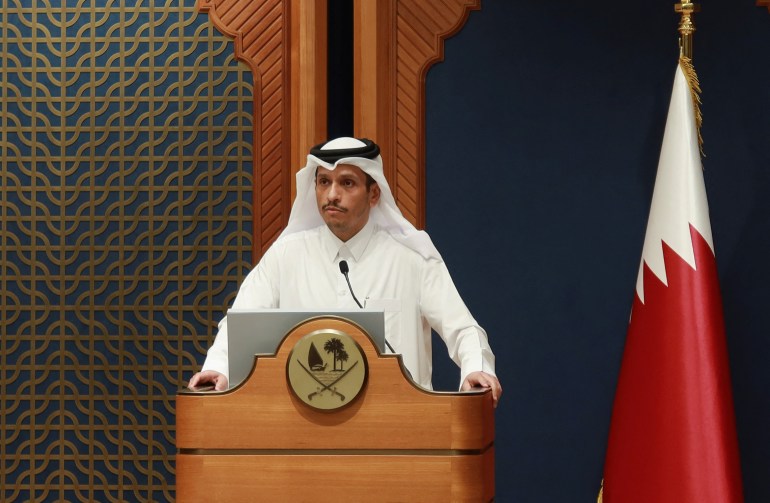Qatar, despite having no official diplomatic relations with Israel, has emerged as a crucial mediator due to its unique position in the region. With close ties to the United States, hosting the largest American military base in the region, and communication channels with Israel since 1995, Qatar holds substantial leverage. Its support for blockaded Gaza, estimated at over $1 billion since 2014, further enhances its role in breaking deadlocks in ceasefire talks involving the U.S. and Egypt.
The recent visit by Qatari officials to Israel aimed to salvage a fragile ceasefire deal on the verge of collapsing. The negotiators successfully averted a crisis and, in collaboration with Israeli intelligence officials, worked on extending the four-day truce that was set to end on Tuesday morning. The outcome, as announced by Qatar’s Foreign Ministry, indicated an agreement between Israel and Hamas to extend the ceasefire by an additional two days, raising hopes for a more prolonged halt to the conflict.
Qatar’s influence over Hamas is attributed to its years of support for the Palestinian cause. Hosting an overseas Hamas political office since 2012, Qatar has established a channel to influence the decision-makers within the militant group. Top Hamas officials, including political bureau head Khaled Mashaal, reside in Qatar, allowing the Gulf state to exert considerable sway over the group’s actions.
While Qatar frames its involvement as guided by a desire to reduce conflict, its ties with various Islamist groups, including Hamas, have garnered criticism from Israel, some U.S. lawmakers, and neighboring Arab governments. Despite this, Qatar’s unique position as a mediator has proven indispensable in navigating delicate negotiations and preventing the further escalation of hostilities.
In the complex landscape of Middle East diplomacy, Qatar’s soft power has played a pivotal role, bringing together conflicting parties and influencing outcomes. As the Israel-Hamas conflict continues to evolve, Qatar’s ability to bridge differences and facilitate dialogue stands as a testament to the unconventional dynamics shaping regional geopolitics.















